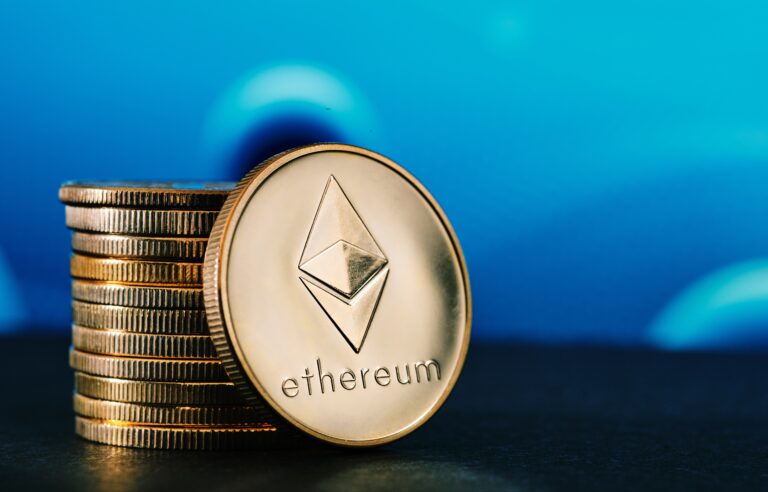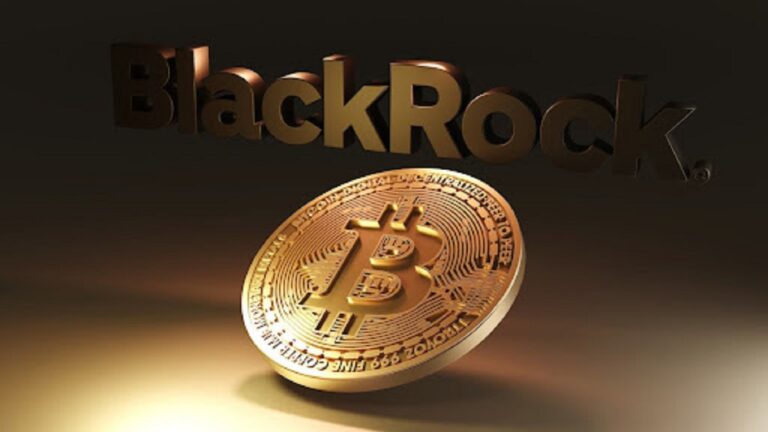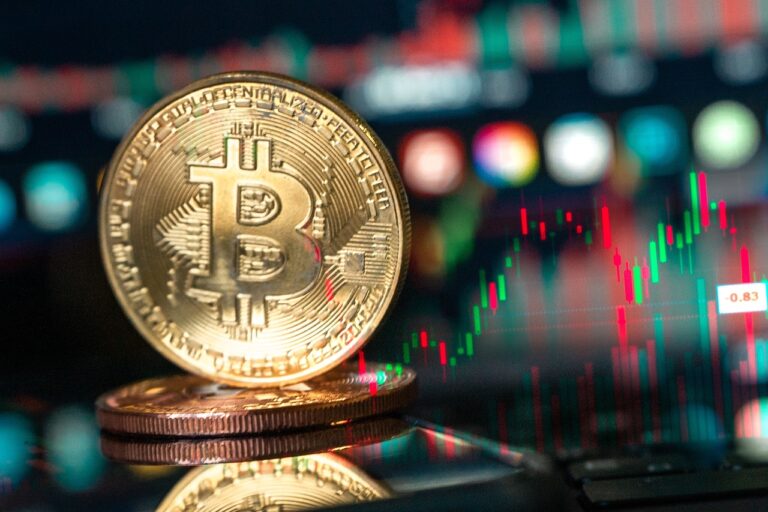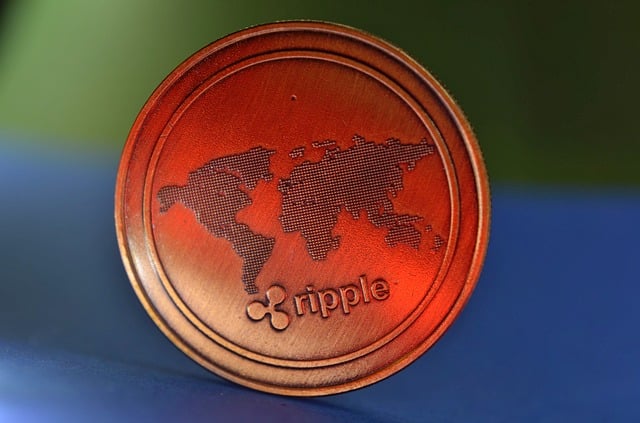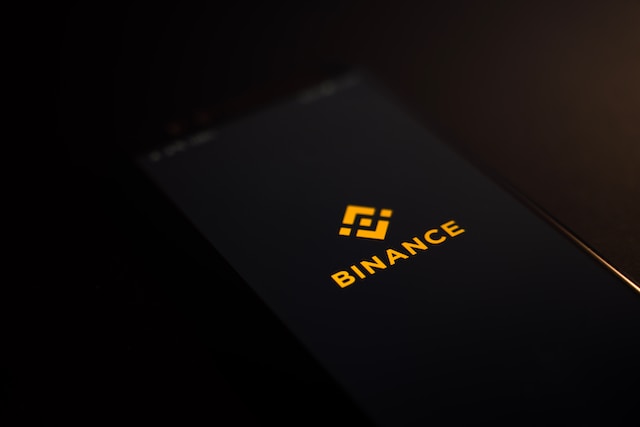- A class-action lawsuit alleging unregistered sales of XRP and its ongoing conflict with the SEC over securities offerings.
- Ripple faces a two-front legal challenge, with implications for the cryptocurrency industry’s regulatory landscape.
Ripple finds itself embroiled in a two-front war, facing off against both a class-action lawsuit and the formidable United States Securities and Exchange Commission (SEC). As the tides of litigation ebb and flow, here’s the latest update on Ripple’s legal saga.
Fighting on a Second Front
In a recent development, Ripple, along with its subsidiary XRP II LLC and CEO Brad Garlinghouse, is contending with a class-action lawsuit filed in the Northern District of California. The lawsuit alleges that Ripple sold its XRP token without proper registration, violating federal and state securities laws.
The court has approved the case as a class action, representing two distinct categories of claimants: the Federal Securities Claims Class and the California State Securities Claims Class. The former encompasses individuals and entities who purchased XRP between July 3, 2017, and June 30, 2023, while the latter pertains to direct purchasers of XRP from the defendants or their authorized agents.
An intriguing aspect of this legal battle is the court’s delineation of exclusion criteria, which notably exempts corporate officers, directors, and senior executives of Ripple and its affiliates. Claimants have until April 5, 2024, to decide whether to remain part of the class action or pursue separate legal action against Ripple.
A trial for this lawsuit is slated for October 2024, where the burden rests on the plaintiffs to substantiate their claims against Ripple and its cohorts.
The Ripple v. SEC War
Simultaneously, Ripple continues its protracted skirmish with the SEC, a feud dating back to December 2020. At the heart of the SEC’s allegations is the assertion that Ripple conducted an unregistered securities offering, amassing over $1.3 billion through the sale of XRP.
Ripple vehemently contests this characterization, maintaining that XRP is a currency and not a security subject to SEC oversight. The legal duel is nearing a crescendo, with a pivotal trial scheduled for April 23, 2024.
In the lead-up to this climactic showdown, both parties have notched significant victories and setbacks. Ripple secured notable wins in court last year, including dismissals of certain SEC claims and rulings favoring Ripple’s leadership. However, the recent directive from Judge Sarah Netburn ordering Ripple to disclose key financial records underscores the ongoing contentious nature of the litigation.
Uncertainities
The outcome of these legal entanglements carries profound implications for Ripple, the broader cryptocurrency industry, and the digital asset market. A decisive victory for Ripple could buoy XRP’s price and instill confidence in the sector, whereas an adverse ruling may precipitate regulatory headwinds.
As Ripple steels itself for the trials ahead, the cryptocurrency community watches with bated breath, keenly aware that the resolution of these legal battles could shape the trajectory of the entire industry.







